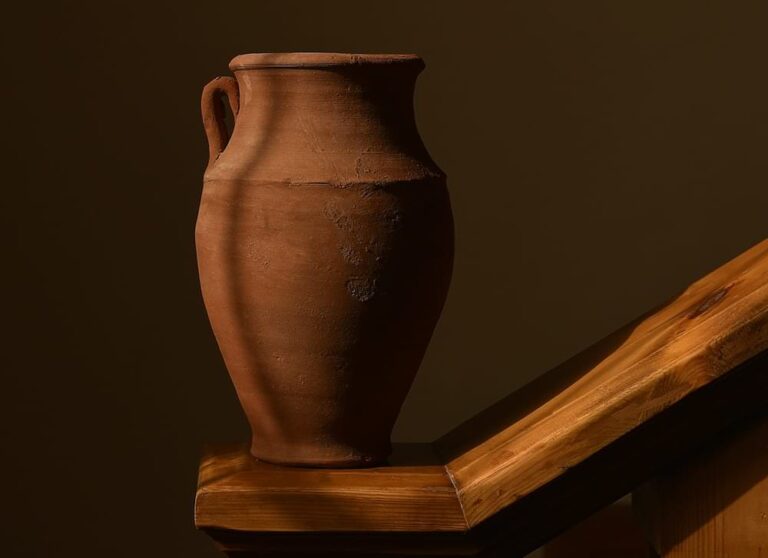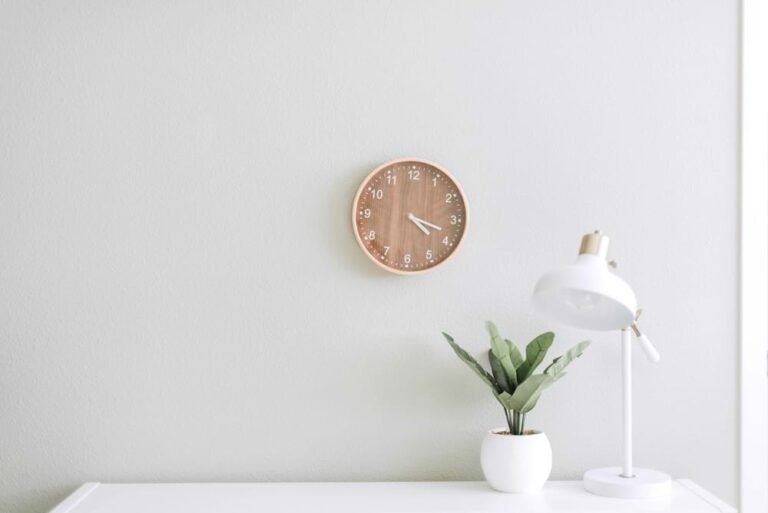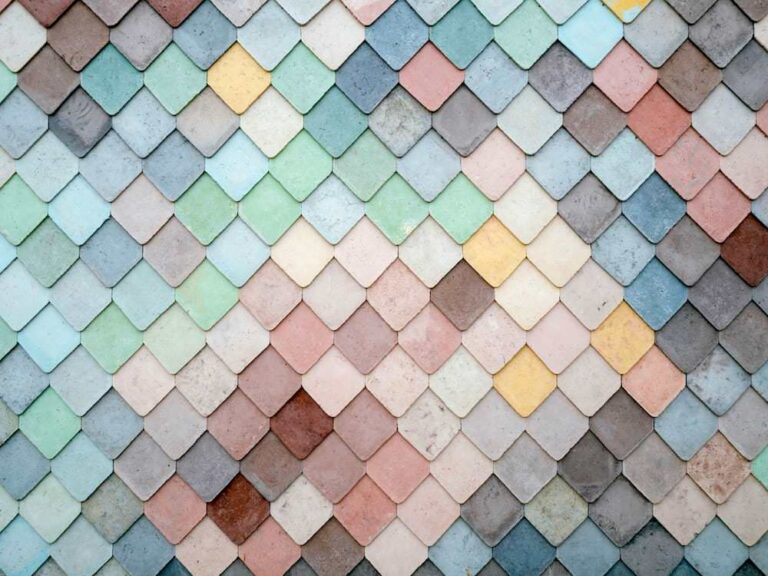brun vs marron
In modern French, brun and marron both designate what English generally calls “brown.” Despite this overlap, their usage differs according to grammatical function, register, collocations, and historical development. Understanding these differences is essential for accurate and idiomatic French. Etymology and core meaning Brun is an old French adjective inherited from Germanic roots. It has long…









